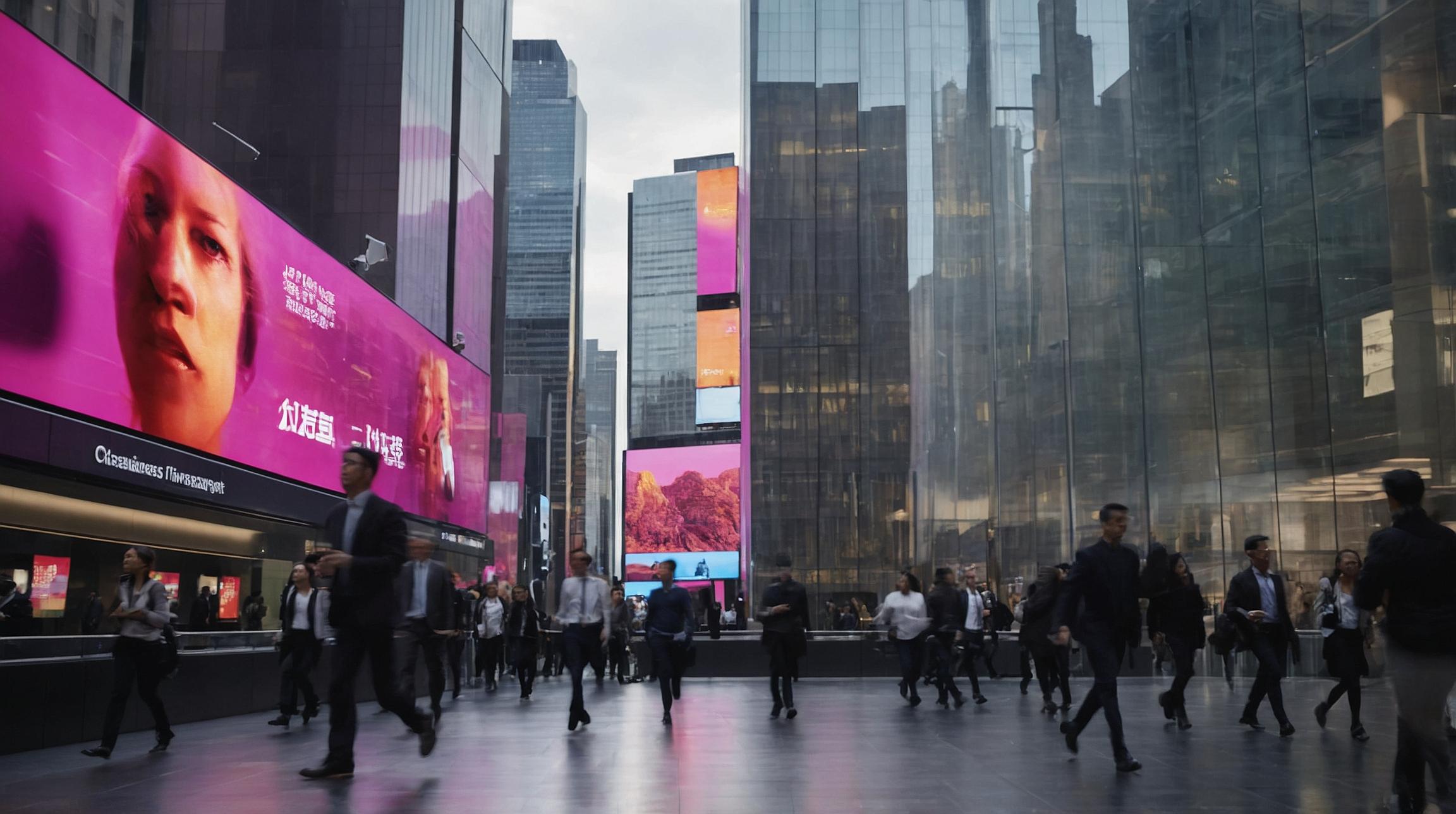Jensen Huang: Trump’s H-1B Fee Would Have Blocked My Family’s Immigration
Nvidia CEO Jensen Huang revealed on Wednesday that the Trump administration’s proposed $100,000 fee for each H-1B visa would have made his family’s immigration to the United States impossible. Huang, who was born in Taiwan and spent time in Thailand before moving to the U.S. at the age of nine, explained that his family could not have afforded the steep cost.
“I don’t think that my family would have been able to afford the $100,000 and so the opportunity for my family and for me to be here… would not have been possible,” Huang told CNBC’s Squawk Box.
The Trump administration announced in September a significant increase in fees for employers sponsoring H-1B visas, which are temporary work permits granted to foreign professionals with specialized skills. The new policy aimed to impose a $100,000 fee per visa, a move that startled many in the technology industry.
Tech Industry Reacts to H-1B Fee Hike
The technology sector relies heavily on H-1B visa holders, particularly from India and China, to fill specialized roles. According to U.S. Citizenship and Immigration Services data, Amazon led H-1B sponsorship in fiscal year 2025 with over 10,000 applicants, followed by Microsoft, Meta, Apple, and Google, each with more than 4,000 approvals. Huang described immigration as the foundation of the American Dream, highlighting the ideal that anyone with talent and hard work can build a better future in the U.S.
“Immigration is the foundation of the American dream,” Huang said. “This ideal that anyone can come to America and through hard work and some talent, be able to build a better future for yourself.”
He also emphasized the sacrifices of his parents, who immigrated to provide opportunities for their children in the United States.
Nvidia’s Ongoing Support for Immigrant Talent
Nvidia currently sponsors approximately 1,400 H-1B visas and Huang confirmed the company will continue to cover visa-related fees for its immigrant employees. He expressed hope for policy adjustments that would preserve opportunities for talent acquisition while allowing for serendipitous discoveries.
“I hope to see some enhancements to the policy so that there’s still some opportunities for serendipity to happen,” Huang said.
Despite acknowledging that his family’s immigration would have been blocked under Trump’s policy, Huang believes the U.S. will still attract top global talent.
Diverse Industry Views on H-1B Fee Policy
Other tech leaders have voiced support for the increased H-1B fee. Netflix co-founder Reed Hastings described the fee as a “great solution” on the social platform X, arguing that it would prioritize high-value jobs and eliminate the need for a lottery system, thereby providing greater certainty.
“It will mean H-1B is used just for very high value jobs, which will mean no lottery needed, and more certainty for those jobs,” Hastings wrote.
Similarly, OpenAI CEO Sam Altman expressed support for the policy changes, emphasizing the need to attract the smartest talent through streamlined processes and financial incentives.
“We need to get the smartest people in the country, and streamlining that process and also sort of outlining financial incentives seems good to me,” Altman told CNBC.
FinOracleAI — Market View
The proposed $100,000 H-1B visa fee under the Trump administration sparked significant debate within the technology sector. While it would have created substantial barriers for immigrant families like that of Nvidia’s Jensen Huang, some industry leaders see merit in refocusing H-1B usage toward higher-value roles.
- Opportunities: Streamlining visa allocation to high-skilled roles could reduce lottery uncertainty and improve talent retention.
- Risks: Elevated fees risk excluding talented individuals from less affluent backgrounds, potentially constraining innovation and diversity.
- Company commitments: Firms like Nvidia maintaining visa sponsorships signal ongoing reliance on global talent despite policy shifts.
- Policy outlook: Calls for enhancements suggest a need for balanced reforms that preserve access while managing demand.
Impact: The policy introduces a complex dynamic where attracting elite talent must be balanced with maintaining broad access to skilled immigrants, a critical factor for sustained innovation in U.S. technology sectors.













